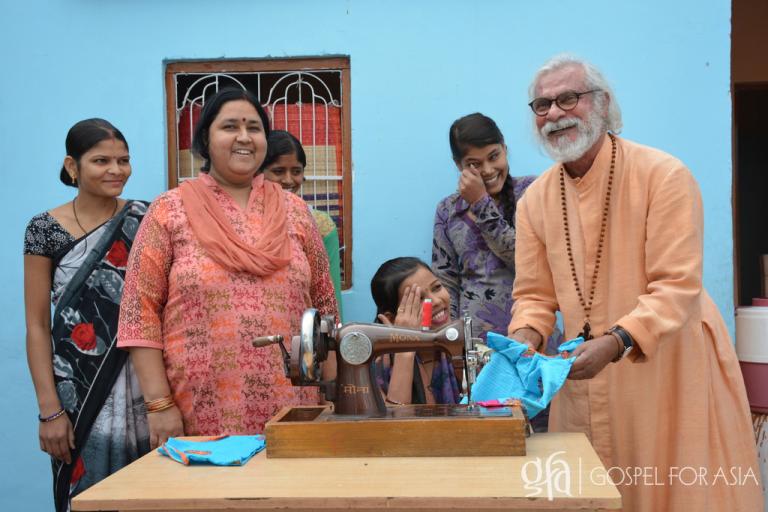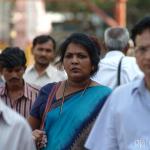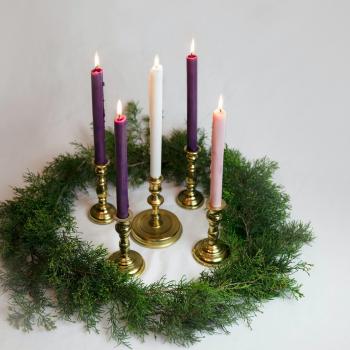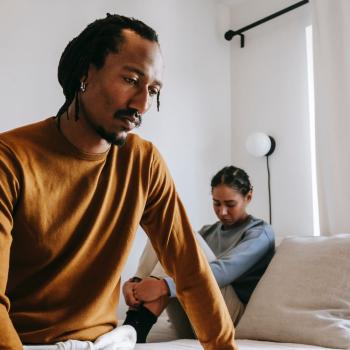November 25th is the International Day for the Elimination of Violence against Women. It’s heartbreaking to consider the unthinkable struggles so many women go through, many of them unseen by anyone else in the world.
I remember a time a few years ago when there was a sobering stream of reports that really brought this issue to light. There was one rape and gang rape being reported after another with some of the girls being quite young. It was heart-wrenching to hear their stories.
Being attacked and humiliated in this way is one of the worst things that can happen, regardless of age. It is degrading and inhumane. But what makes it even harder is the victim’s fear that things will get worse if she was to talk about it.
Sadly, women in many Asian nations often face devastating repercussions when they seek the justice they deserve—from facing attacks and harassment by those who perpetrated the crime to the shame of being simply and quietly ignored by those who should be helping them. Either way, any girl who admits to being raped makes it that much less likely that she will ever be married, as most men in Asia seek for a “pure bride.”
Can we try to imagine if someone in our own family faced this horrible dilemma? It is too much to even think about.
And this mistreatment of women in Asia goes beyond rape. It includes neglect and abuse of widows, lack of possibilities for women and girls to get an education, or learn a trade, and even crosses into slave labor and human trafficking. It is not confined to being perpetrated by strangers. Studies show that violence against women most often comes from people who are known by them.
Below is a poem I wrote about the hardship of a woman who lived on daily wages and suffered at the hand of her alcoholic husband.

Who Cares for Her?
She works on the road, breaking up stones
Carries them on her head to the men on the job
From morning till night she toils and labors
What she receives are abuse and pain.
Her long black hair is unkempt and unwashed
Her clothes are old and full of holes
Her big brown eyes tell stories of pain
Her back is bent from carrying the loads.
The heat of the sun bakes her skin
She was once fair, but now black and leathery
Her husband is at the liquor shop drinking his brew
Her children wander naked on the streets.
The sun has set and her agony starts
She trembles with the thought of going home
It is no house, only a shanty in the slums
She wouldn’t mind if she had a family that cared.
She walks in with the food she has bought
At midnight he comes, roaring as a beast
Shouting and screaming and calling her names
She runs and hides, like a mouse from the cat.
The ordeal will last until nearly dawn
Finally he sleeps and she has peace
The children cried themselves to sleep hours before
Now she wishes she never was born.
Come look through the window of her face, my friend
Millions like her die a very slow death
Not only in slums, but in mansions and everywhere
Because no one cares for these precious lives.
—-
The question is, what can we do about this?
Sometimes the vastness of the needs we read and hear about can be overwhelming. It can be hard to know what to do or if we can actually make a difference. But it’s not about striving or pushing hard to make something happen. No. If we want to be aware of the needs around us day after day and respond with compassion, it has to be a natural outflow of Jesus’ own compassion, love, agony and prayer.
The more we know Christ, the more we become like Him. As we look to Him and follow in His footsteps, He can work through us. Ultimately, He is the One going to the oppressed, the forgotten and the poor. He is the One reaching out to the woman working all day and suffering all night. He is the One showing the rejected widow how much value she has in His sight.
He gave up every privilege to love and redeem the least and the last, and we can let this same life of His flow through us. For some, this may mean actually going to where the need is greatest. Others may never travel away from their home, yet they can touch the world through their intense prayer and intersession, giving and sharing.
I heard of someone once saying to Dr. Billy Graham, “When you get to heaven, what a reward you are going to receive; how many crowns you will have.” And Dr. Graham responded saying, “Well, possibly all the reward for the work I did may go to some little blind woman that nobody ever heard about, who prayed throughout her life in the closet. I just happened to be the instrument, the answer to her prayer.”
Take time to seek the Lord: What would He have you do to bring hope to women around the world who are facing violence and despair? He is faithful to lead you.
And it is good, even as we remember the huge need, to also thank God for all the good things that are happening. One of the first things that Prime Minister Shri Narendra Modi of India did after coming into office was to speak on behalf of women and to seek to bring change to their treatment in India. Numerous laws were put in place in efforts to make it more difficult on the perpetrator in rape cases and to ultimately try to make it safer for women. I thank God for the Prime Minister taking very seriously bringing justice to those who are being abused and cast away.
This year, the theme for the United Nations’ campaign against gender-based violence is “Leave No One Behind.” While gender inequality is a worldwide problem, there is a great need to reach out to the most underserved and marginalized—the refugees, the minorities, those hit with disasters.
Just last week I got to visit one of our GFA-supported tailoring units, which conducts tailoring classes for poor marginalized women in the community so they can escape from the cycle of poverty. In that area alone, they have already trained 2,500 ladies and given each of them a free sewing machine. Right now, they have 15 women going through the training at this center.
This is just a small glimpse of what’s happening to uplift, educate and empower women. Last year, through GFA-supported projects alone, 21,000 women learned how to read and write, and 381,412 women received free health care training. Not only that, more than 10,000 toilets were built, granting women protection and privacy they desperately need.
As we rejoice in what God has done and seek Him for what He would have us to do, I pray that He will bless you and draw you close to Him, that He may be able to manifest His life through you in this generation.
Learn more about the plight of women in Asia and all that God is doing by going to the Veil of Tears documentary.
=====
For more blogs on Patheos by Dr. KP Yohannan Metropolitan, go here.
Learn more about Dr. KP Yohannan: GoodReads | Radio | Amazon













